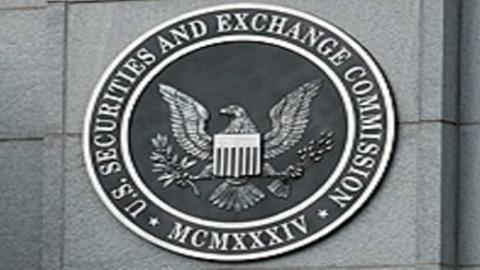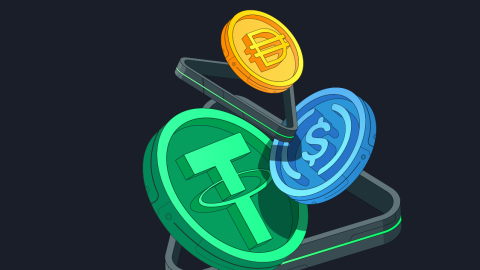
Similar Posts

Alabama Man Admits Guilt in SEC X Cyberattack: A Deep Dive into the Case
Eric Council has been implicated in a cybercrime conspiracy involving unauthorized access to the SEC’s social media account, leading to false announcements about Bitcoin ETF approvals. This misinformation caused Bitcoin prices to surge by over $1,000 per coin. Court documents reveal that Council and accomplices executed a SIM-swap attack, gaining control of the SEC’s mobile number to reset account passwords. Council used a counterfeit ID created from a victim’s personal information, facilitating impersonation. He has pleaded guilty to charges including identity theft and fraud, facing up to five years in prison at his sentencing on May 16.

Unlocking Blockchain’s Potential: How Constraints Drive Innovation and Breakthroughs
Blockchain interoperability is becoming crucial in a fragmented digital landscape, where isolated blockchain networks hinder innovation and user experience. Historically, the internet overcame similar challenges, transitioning from exclusive platforms to an open web, facilitating seamless communication through vital protocols. Today, the blockchain ecosystem faces issues like poor user experiences, siloed innovation, and fragmented liquidity, exacerbated by over 120 layer-1 blockchains and numerous layer-2 solutions. Proposed solutions like wrapped tokens and cross-chain messaging come with security risks and increased costs. Emphasizing composability, where blockchain components can interact, is essential for a more connected and efficient ecosystem, fostering innovation in decentralized applications.

Unlocking the Future: Why Banks Should Embrace a Blockchain Strategy
The perception of cryptocurrency has shifted from a buzzword to a potential innovation, largely due to regulatory uncertainties. In a recent U.S. election, 50 out of 58 crypto-backed candidates won, signaling a positive shift for the crypto sector. Bitcoin also hit a record high of $82,000, fueling hopes for a more favorable regulatory environment. Financial institutions are now reassessing blockchain’s role, with banks like UBS and J.P. Morgan launching new blockchain solutions. As younger consumers favor FinTech services, banks must innovate and establish clear regulatory frameworks to maintain competitiveness and effectively leverage blockchain technology.

How Trump’s Policies are Shaping the Future of the Crypto Industry: An In-Depth Exploration by HTX
The ‘HTX 2024 Global Web3 Blockchain Ecosystem Review and 2025 Outlook’ report analyzes the evolving crypto industry and the potential impact of Trump’s presidency on crypto policy. It identifies five key sectors projected to grow: Bitcoin’s expanding ecosystem, advancements in infrastructure, the rise of meme coins attracting retail investors, AI integration, and developments in the TON ecosystem. The report highlights potential legislative changes, including the FIT21 Act for clearer token regulations and the Bitcoin Strategic Reserve Act, which could elevate Bitcoin’s status. Trump’s influence may lead to the repeal of the SAB121 Act, encouraging institutional crypto adoption and market maturity.

MoonPay Unlocks $200 Million Revolving Credit Line with Galaxy for Enhanced Crypto Growth
MoonPay has secured a $200 million revolving credit line from Galaxy, aimed at addressing increasing transaction volumes and liquidity demands in digital finance. Galaxy’s founder, Mike Novogratz, expressed excitement about supporting MoonPay, emphasizing the importance of collaboration for industry growth. MoonPay’s CEO, Ivan Soto-Wright, highlighted the need for robust infrastructure to meet rising cryptocurrency demand. Additionally, MoonPay announced its acquisition of Iron, a stablecoin infrastructure platform, enhancing its offerings for businesses by enabling instant transactions and low-cost, borderless payments. These developments position MoonPay to strengthen its role in the digital asset ecosystem.

